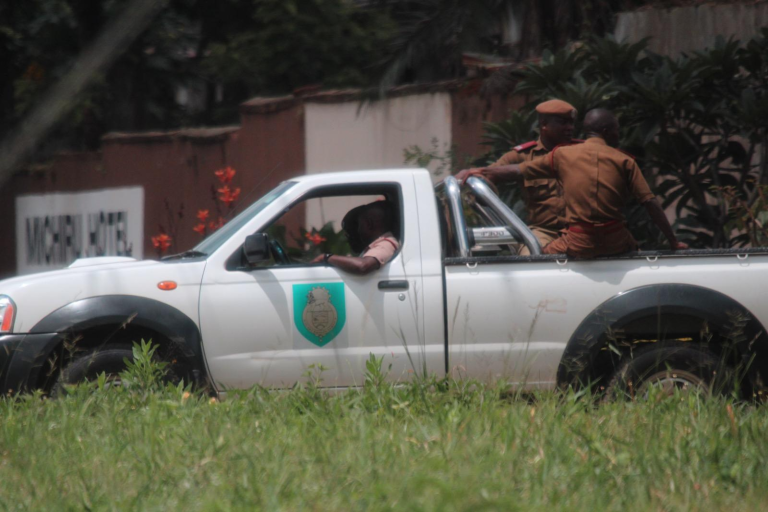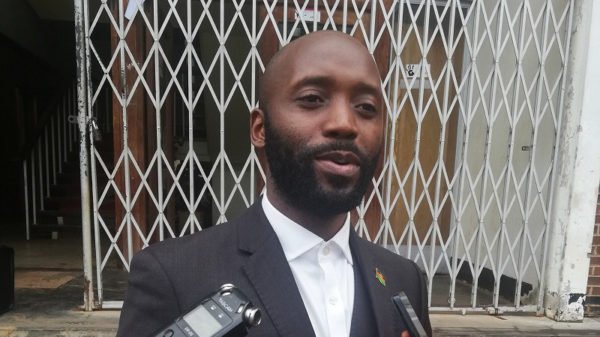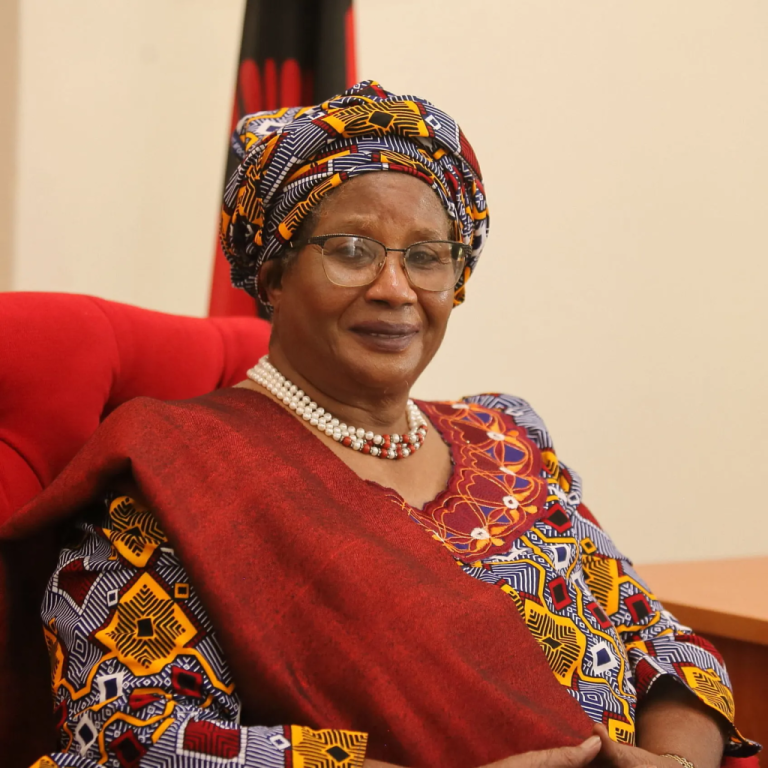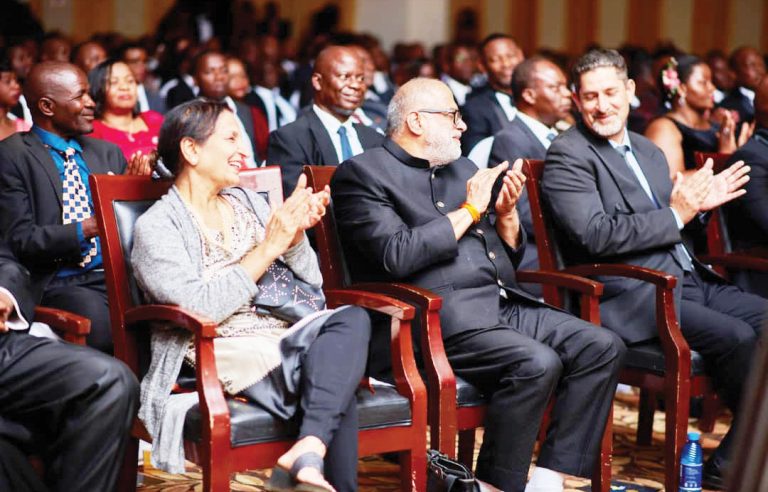BY GOLDEN MATONGA
The Anti-Corruption Bureau (ACB) has announced the completion of its investigation into allegations of abuse of office and corruption at Maula Prison. This inquiry was centred on how Yunhua Lin, a convicted wildlife smuggling kingpin, was reportedly allowed to leave prison for business activities and to stay at his own residence.
Last year, the Platform for Investigative Journalism (PIJ) exposed that Yunhua Lin, who is serving a sentence for wildlife product smuggling, was illicitly permitted to conduct business outside the prison. This privilege extended to him enjoying the comforts of his home, an egregious breach of prison regulations and a stark example of corruption within the prison system.
In the reporting for the story, the Anti-Corruption Bureau promised to investigate the matter.
The Platform for Investigative Journalism (PIJ) played a crucial role in uncovering this scandal by publishing concrete evidence, including footage and photographs. These materials show Lin, accompanied by identifiable prison guards, at various locations outside the prison – a blatant violation of prison rules and regulations.
The PIJ’s investigation meticulously catalogued Lin’s movements, debunking his claims of leaving prison solely for hospital visits. Evidence spanning from 2022 up to as recent as April 2023 includes instances of Lin visiting his farm in Lumbadzi, located on the outskirts of the capital city, under prison escort. Additionally, Lin was seen frequenting a supermarket, spending time at his residence in Area 9, where he would audaciously change from his prison uniform into civilian clothes, and attending meetings at various locations, including a garage named Singapore GT Investments in Biwi Township, all while uncuffed.
In a recent update on the case, the ACB responded to an inquiry from the PIJ via email on Tuesday.
ACB spokesperson Egrita Ndala confirmed that the Bureau has concluded its investigation into the allegations of corruption and abuse of office at Maula Prison involving Yunhua Lin.
However, Ndala refrained from disclosing any specific details or the Bureau’s intended next steps.
Ndala’s statement was cautious: “The Bureau has thoroughly conducted its investigations. After considering all aspects, we are currently not in a position to reveal further information until a more appropriate time,” she explained.
PIJ had directed specific inquiries to the ACB, seeking clarity on whether the investigation had been terminated, transferred to another agency, or if any recommendations for action had been communicated to the prison authorities.
Though measured, the ACB spokesperson’s response subtly indicates the potential for forthcoming legal actions against the individuals involved in the scandal, reflecting the ACB’s current reticence to disclose its strategic plans.
Additionally, considering the extended duration of the investigation, the PIJ questioned the Bureau about any potential obstacles encountered during the process.
In response, Ndala affirmed that the investigation proceeded without significant hindrances, suggesting a thorough and unimpeded inquiry by the Bureau.
“The Bureau did not face any obstacles as the Prison authorities and other relevant stakeholders cooperated with the investigation,” said Ndala.
PIJ also reached out to the Malawi Prison Services for their stance on the issue, but as of the latest update, the official spokesperson had not provided a response.
However, a source within the Prison Services, who is privy to the details of the case, revealed that in response to the PIJ’s exposé, the prison authorities took immediate action. They suspended four officers who could be clearly identified from the footage and photographs that were published, demonstrating a direct response to the findings of the investigation.
“The immediate action was the interdiction of the four officers to pave the way for investigations. ACB interrogated the concerned parties, but I have yet to learn their findings and recommendations. But on our part (Malawi Prisons Service), those interdicted will have to appear before Malawi Prisons Service Commission for hearing,” said the source.
Yunhua Lin, identified as the head of a notorious Chinese gang involved in illegal wildlife trade spanning Malawi and other Southern African nations, was apprehended and subsequently sentenced to a 14-year prison term in September 2021. His conviction encompassed charges of trading in rhino horn, engaging in a conspiracy, and committing money laundering offences.






